So, here we are, sat at home at our make-shift desks, holding online meeting after online meeting, cautiously watching the daily briefing and praying for the signal. As John Bercow would regularly bellow during the Brexit voting debacle; “unlock”. If only.
Of course, it won’t be a finite moment. We won’t just return to normal. I have a nasty feeling the Coronavirus Pandemic will be a decade-defining moment in our history. How many decades it could define – that’s the real question. So far, from a financial perspective, we’ve had huge government intervention, volatile markets and plenty of guesswork from talking heads. The bears claws thrusting downwards generally provides an early indication that a recession is coming. Not a single person alive knows whether it’s going to be a V, U, W or L shaped recovery, but one thing is very clear, we are going to have to bring our A game, if we want to survive the coming storm and reach calmer waters.
The last decade was defined by a powerful bull market. The horns were thrusting upwards and that meant calm waters and easy sailing. Few clients questioned fees, happy that someone was going to solve their problem and take away their mild anxiety. Accumulators were making good money, decumulators were living longer, and depleting their assets at a slower pace thanks to market growth, referrals came in when they came in, the team did their thing without much intervention and the balance sheet balanced every year, after your director’s loan account had been converted to a nice dividend. Good times. Calm waters. Hope you made the most of them. The wind is up and the chop is turning into churn.
And what should a business owner do when the perfect storm is on the horizon? They react. But there’s a huge difference between the way small business owners and big business owners react. Why? Well, big businesses are complicated and significant resources are often in motion at any given time. To change direction means seriously reviewing strategy, getting all the right people involved, plotting a new course and implementing short, medium and long term initiatives. Small businesses are very different, fashioned as they are, around the requirements of the owners and the team. Make sure existing clients are okay, check cashflow damage, plot the way ahead for the next quarter and crack on. Keep it simple. Not sure that will be good enough this time.
Regardless of economic conditions, every small business is in one of five growth stages; start-up, grow-up, level-up, scale-up and re-up. This five stage journey is explored in detail in an upcoming Kingmakers paper. A firm’s approach to leadership and management is typically different in each stage. While firms must address each stage sequentially, the time and other resources required to move from one stage to the next, can be reduced by using strategic business management.
If you are ambitious, want to get financial planning into the lives of as many people as possible, contribute to the economic recovery and grow your business in the process, you really need to have a robust strategic planning process, a documented plan and a team fully aligned behind it and accountable for its delivery. A one page summary with no detail behind it and a spreadsheet of unrelated goals to tick off, is not strategic business management. It’s dopamine for business owners. A neat way of tricking yourself into feeling like a CEO, without any of the actual depth and discipline necessary to justify the title.
We are about to enter the eye of the storm. If you’ve read the weather charts, devised a plan to get through it, communicated to everyone on board and developed a contingency plan to cope if the weather deteriorates, or improves, you’ll make it through and likely reach calmer waters in good shape. If you’re fixated on that first wave, you’re in big trouble.
By Rob Stevenson – May 2020
